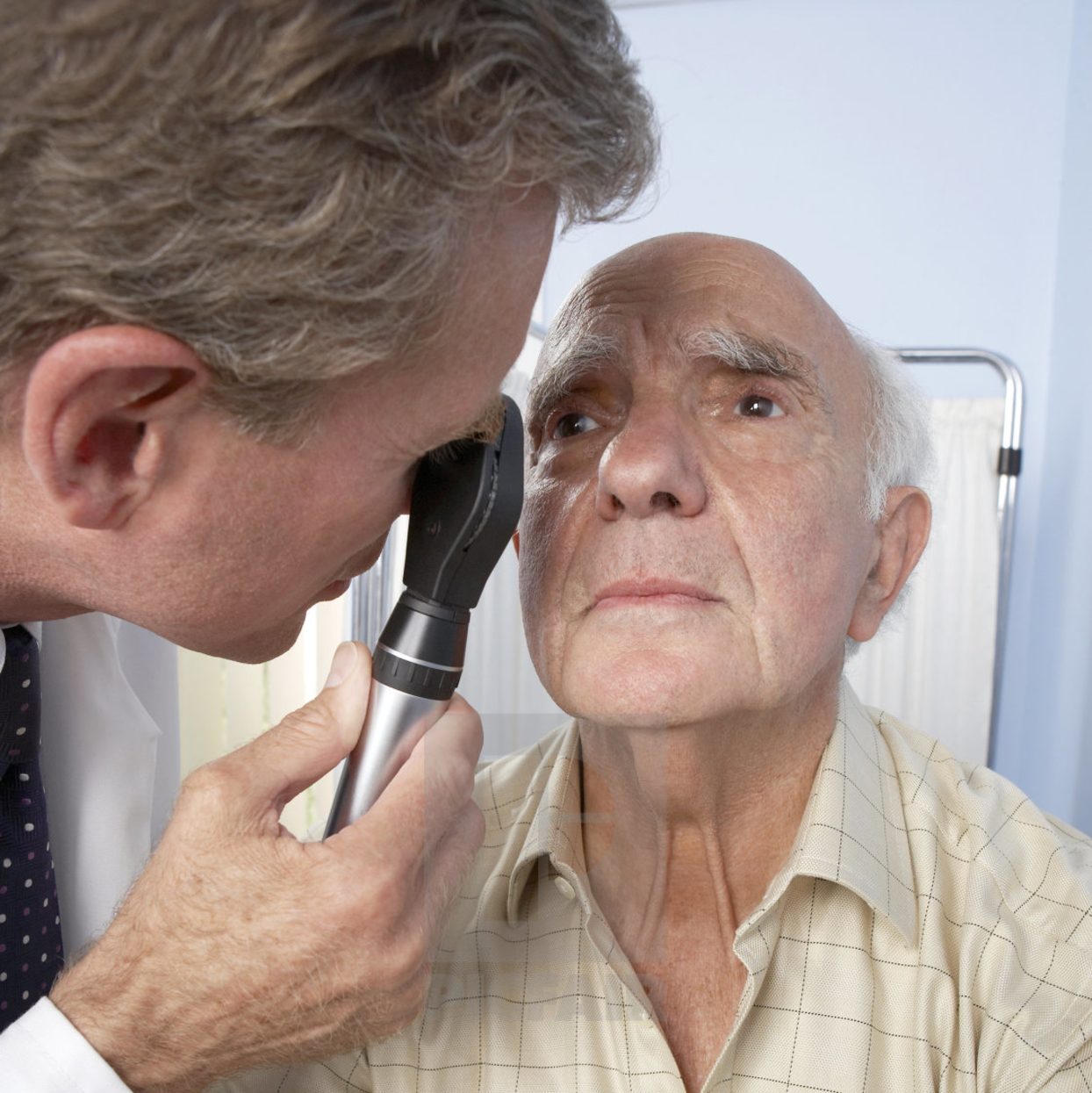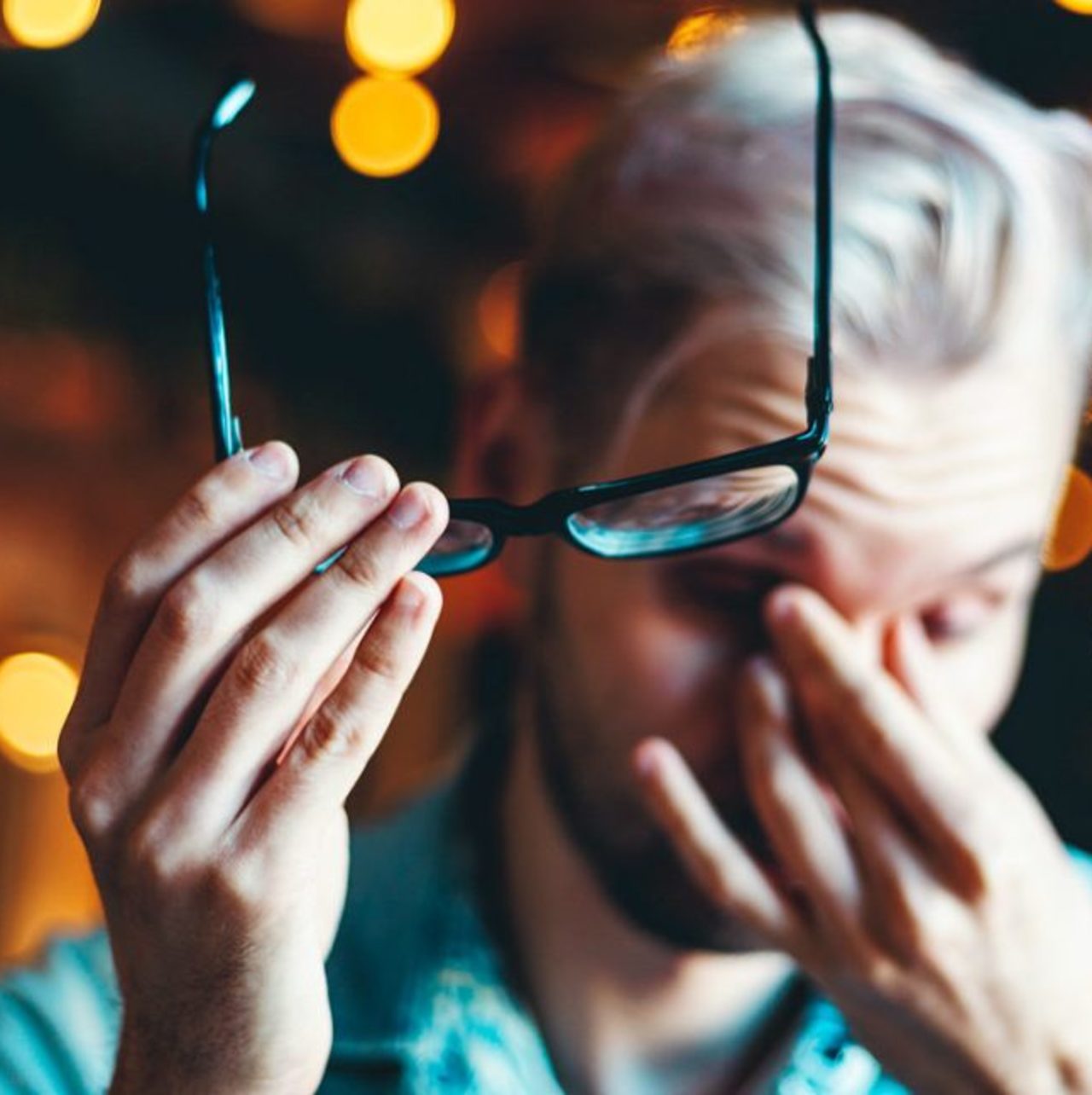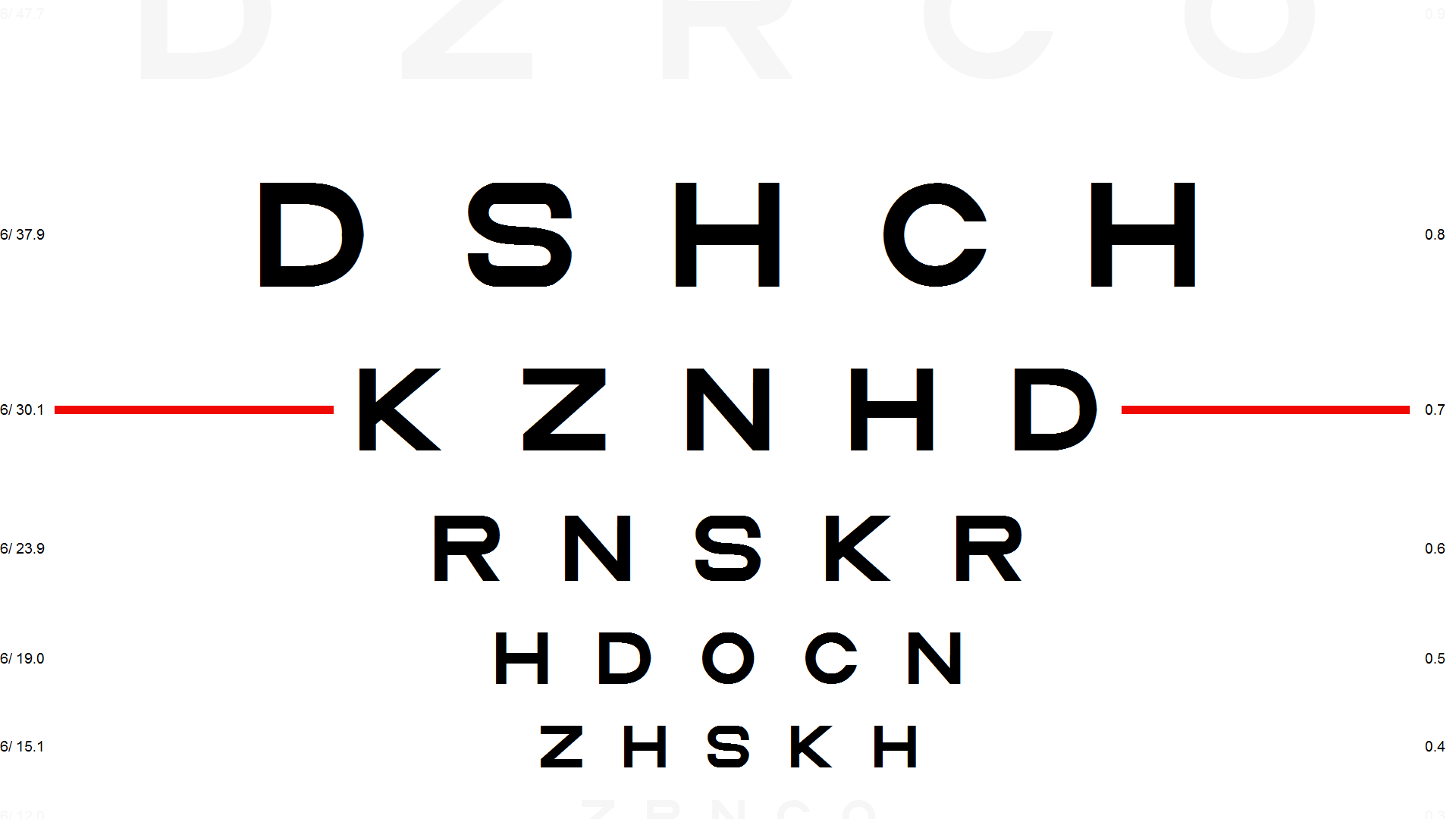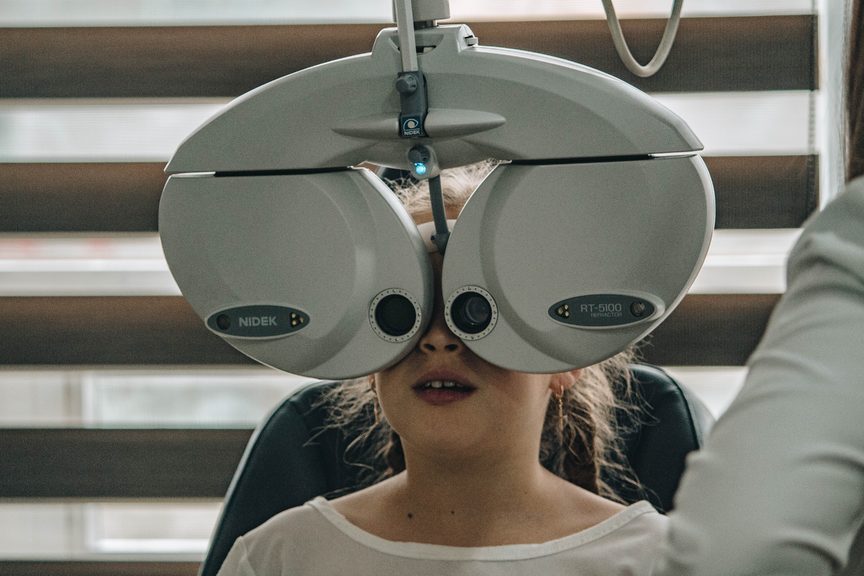See The Bigger Picture
Get Your Eye Health Check-Up With Gwynns Today
Don't leave your eye health to chance. Take advantage of Gwynns 50 years experience and personal service today with an in-depth examination
of adults have never
had an eye examination
fail to have
regular eye tests
admit to having
problems with their vision
of children have an undetected
problem with their vision
Source: Raconteur 15/01/2020
Maintaining sound eye health is fundamental for your quality of life. If you are experiencing any of the following issues, please don't hesitate to book a consultation with one of our friendly optometrists today.


read more
While driving at night, do you experience difficulty seeing other cars on the road and reading road signs? Seeing halos around lights, finding it difficult to read signs is an indication that you should talk to an optometrist.

read more
Your general eye health and the medication you take; even your diet and sleep habits can affect the way your eyes feel and function. An eye examination can also detect early signs of health conditions such as high blood pressure or diabetes. Get in touch with us today for a comprehensive examination.

read more
Optometrists are experts in the diagnosis and management of eye conditions, from the simple to the serious. If you have a new red or painful eye, with or without discharge call or book online today for an appointment. We'll diagnose you and put you on the appropriate management.

read more
Do you experience frequent migraines or headaches? If so, it could be related to your eye health or vision. Book an appointment with one of our optometrists today to discover whether these conditions are to do with vision or health issues.

read more
Flashing lights in your vision can be caused by a number of things from migraine (even without a headache) to a retinal detachment (which could be sight threatening). If you have a recent onset of flashing lights or 'floaters' in your vision then please book an examination today. Please be aware that your Optometrist may put drops in your eyes as part of the examination which means you won't be able to drive for a couple of hours afterwards.

read more
Eye fatigue or strain can be common among people who spend a long time on concentrated tasks - such as using a computer, phone or tablet, reading or studying or driving long distances. If your discomfort persists for three or more days, however, it could be a sign of an uncorrected visual problem, dry eye or even an infection. Our Optometrists will diagnose the cause of the problem and offer you the correct management, so call to book an appointment today.

read more
A sensitivity to light can be a sign of eye infection, corneal abrasion, dry eye or even a central nervous system disorder such as meningitis or long term light sensitivity which may be caused by a condition such as cataracts. An Optometrist can assess you to determine the likely cause.

read more
For many people, sudden difficulty focusing is the first indication of an eye condition. You may, for example, find it challenging to focus on an object in your field of view without it appearing blurry. If you find yourself experiencing difficulties, book an appointment with us today to get to the bottom of the issue.
Children under the age of 16, aged 16-18 and in full time education, and adults over the age of 60 can qualify for free NHS eye tests. People on certain benefits or who have conditions such as diabetes or glaucoma may also qualify.
In Wales, anyone living with a visual impairment may be entitled to a free assessment and free optical aids.
if you are housebound, no problem: our domiciliary eye care service comes to you. Our eye specialists examine your eyes in the comfort of your home, eliminating the need to travel.
We offer digital retinal photography using a combination of best in class technology from TOPCON and our 50+ years of experience, which can diagnose possible medical conditions such as Myopia, macular degeneration or glaucoma.
An eye examination can help you get to the bottom of any eye issues that might be causing you pain or affecting your ability to see. Our professional optometrists carry out a battery of tests depending on the symptoms you're experiencing, designed to get to the root of the problem.
Typically, our eye examinations last 30 minutes. Following the investigation, we provide you with a helpful suite of aftercare services. If you need glasses, our dispensing opticians will guide you through the options available to you, helping you find a style that complements the shape of your face.
Following the examination and consultation, feel free to get in touch with us about any additional concerns you may have about your vision.

With our state-of the art equipment, we are able to provide Digital Retinal Photography that will allow you a more accurate diagnosis than ever before.
Our OCT machine quickly scans and gathers detailed information of the retina, macula and optic nerve. It’s just like having a photo taken, the results are instant and it’s suitable for all ages. The findings can help us to detect sight threatening eye conditions such as macular degeneration, glaucoma and diabetic changes earlier than would normally be possible.
The OCT scan costs just £10. Please contact your local Gwynns if you would like to have it or if you would like any further information.

click to reveal more
Children between the ages of 6 months and 18 years should get regular eye examinations to check that their eyes are developing correctly. Younger people tend to need more frequent exams, especially if any of the following apply:
Family history of eye problems
Systemic diseases associated with eye abnormalities
Delays in development
Premature birth or low birth weight
Evidence of, or family history of a squint or lazy eye
High, or asymmetric refractive error
Medication that might affect ocular development
To book your appointment, get in touch with our friendly team today.


click to reveal more

Optometrists and eye health specialists recommend that adults get their eyes examined every 2 years. If you're over 70 you may need to be seen more frequently.
Some people, however, have an elevated risk of eye health issues. If you fit into any of the following categories, you may need to see your optician more frequently:
A history of eye disease in the family
Taking prescription medications that could impact eye health or vision
High blood pressure
Diabetes or pre-diabetes
A history of eye surgeries
A history of eye injuries
1.
Start Of The Exam
The start of the eye examination is an opportunity for you to tell your optometrist about any concerns that you might have about your eye health, including your vision. Here you may also want to discuss hobbies and how problems with your sight are affecting your quality of life.
2.
During The Exam
During the exam, the optometrist will carry out a battery of tests on your eyes. The purpose of these is to determine their overall health and whether any intervention is required. These tests include:
3.
End Of The Exam
After your optometrist has carried out all the tests, he or she will tell you what they've discovered about your eyes and tell you whether or not you require a new prescription. They'll also let you know when you will need your next examination and allow you to ask any questions you may have. If you require a new spectacle prescription, they will provide you with this.
Are you or somebody you know suffering from eye health issues? If so, get in touch with our friendly team today and let's work together to find a solution.